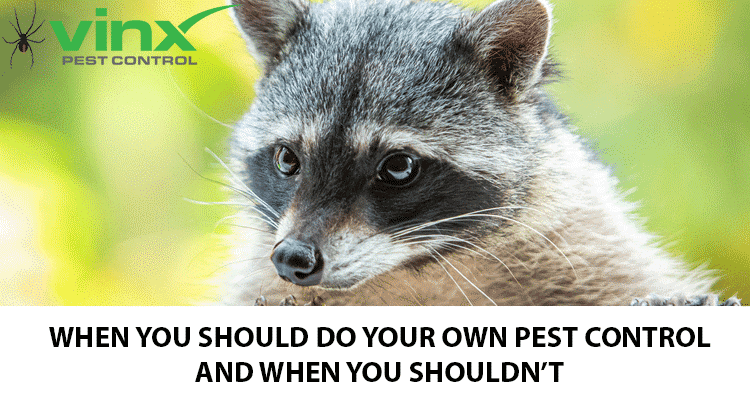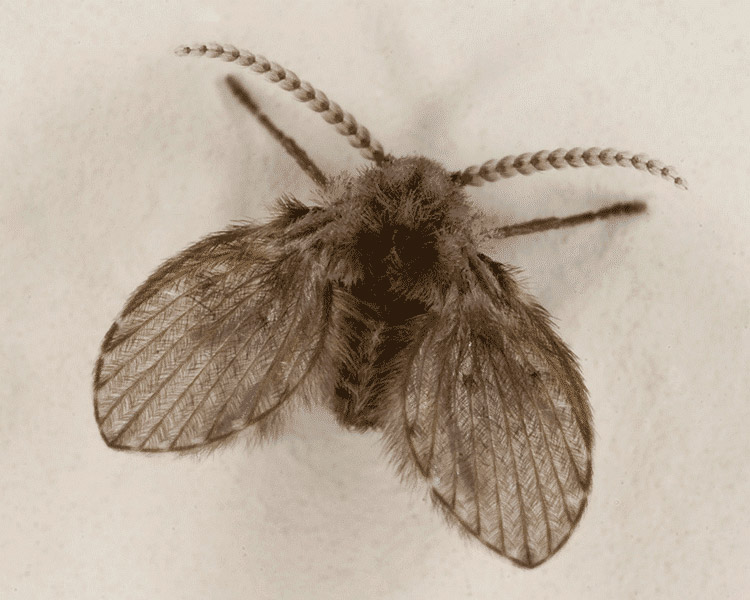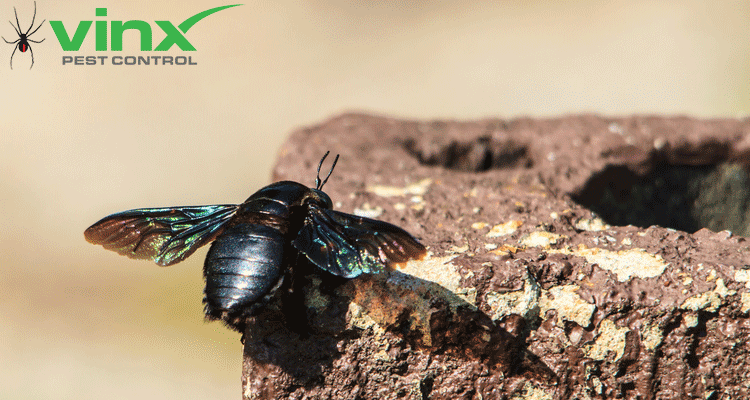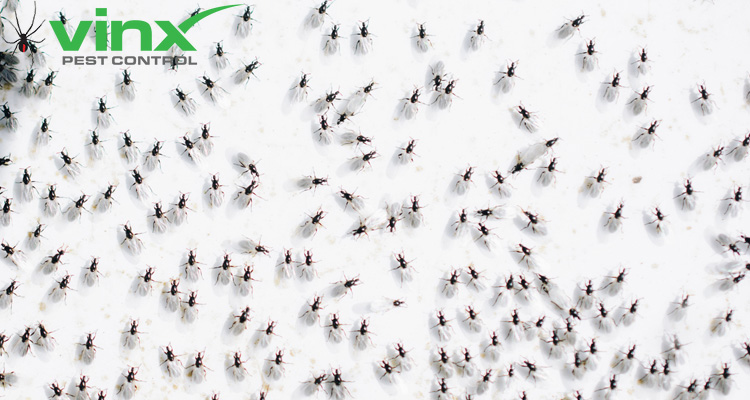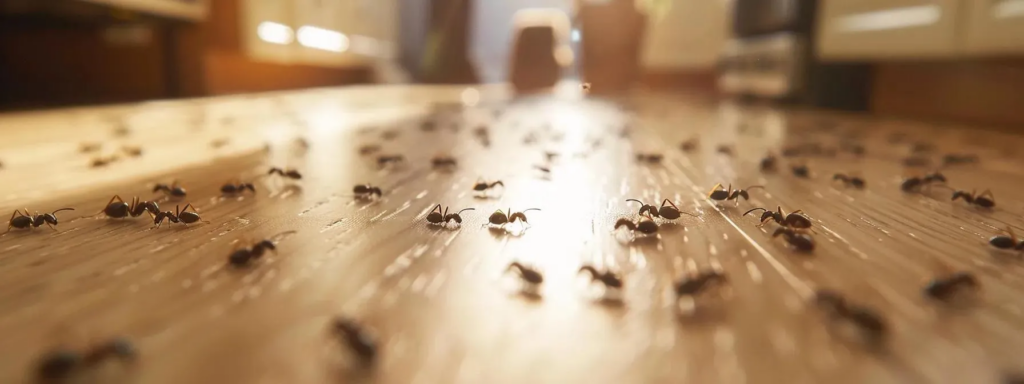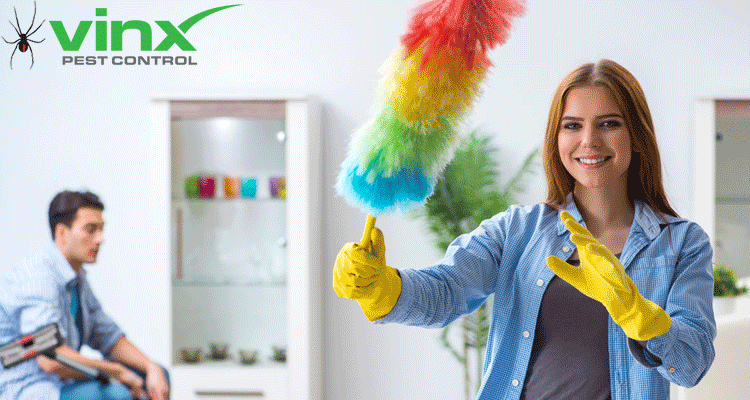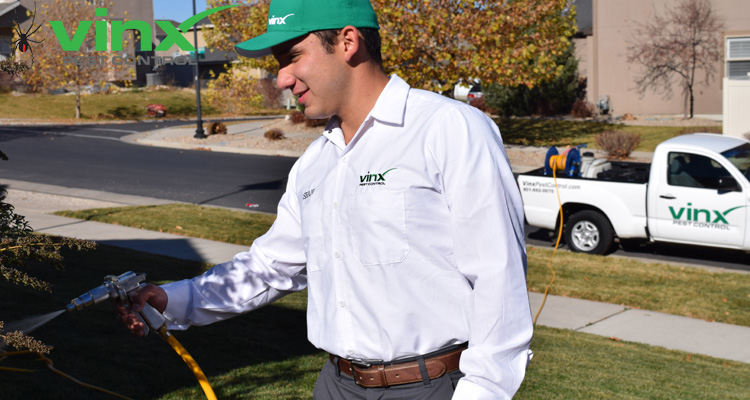As a vacation home owner, keeping your place pest-free is key. Nothing can spoil a trip quicker than finding bugs in your home.
At Vinx Pest Control, we know how important it is to stop pests before they start. By doing your homework, packing smart, and checking your place, you can keep your stay bug-free. By the end of the article you will know more about vacation home bug prevention then you would have before.
Key Takeaways
- Research your destination to understand local pest concerns.
- Pack wisely to prevent bringing pests into your vacation home.
- Inspect your rental property upon arrival.
- Take proactive measures to prevent pest infestations.
- Ensure a pest-free experience for your guests.
Vacation Home Bug Prevention: The Hidden Threat to Your Vacation Experience
Planning a vacation rental can overlook tiny creatures. Pests like ants, cockroaches, rodents, and bed bugs can damage your property. They can also harm your reputation. We’ll talk about why pest prevention is key for vacation homes and the common problems homeowners face.
Why Pest Prevention Matters for Vacation Properties
Pest prevention keeps your vacation home clean and comfy. Bad reviews from pest issues can hurt your online ratings and bookings. By being proactive, you can protect your property and make sure guests have a good time.

Common Challenges Vacation Homeowners Face
Vacation homeowners face special challenges in pest prevention. Two big issues are:
- Intermittent occupancy
- Food and waste management
Intermittent Occupancy Issues
Vacation homes are sometimes empty, making pest control hard. Pests can sneak in when no one’s there. So, it’s key to have preventive steps ready.
Food and Waste Management
Managing food and waste is vital to stop pests. Guests might not throw away trash right, attracting pests. It’s smart to have good waste management plans to avoid pest problems.
Some good ways to handle food and waste include:
- Give guests clear rules on throwing away trash
- Check the property often for pest signs
- Keep a regular cleaning schedule
Understanding the Unique Pest Challenges of Vacation Homes
Vacation homes face special pest problems. They have different people living there and are in different places. This means pests can grow without being stopped.

The Impact of Intermittent Occupancy
When people don’t stay in vacation homes all the time, pests can sneak in. It’s important to check and clean often to stop pests.
Regional Pest Considerations Across the US
Every part of the US has its own pest problems. Knowing these can help keep vacation homes bug-free.
Coastal Areas
Coastal places have sand fleas, mosquitoes, and other pests. Keeping these areas clean and dry helps a lot.
Mountain Regions
Mountains have ticks, rodents, and wildlife. Sealing up holes and keeping the place clean helps keep pests away.
Desert Locations
Deserts have scorpions and ants. It’s important to check often and seal up holes to keep them out.
How Seasonal Changes Affect Pest Activity
Seasons change and so do pest problems. Mosquitoes and ants are more active in warm months. Rodents might come inside when it’s cold.
Bug Prevention Tips for Vacation Home Owners
To keep your vacation rental pest-free, you need a good bug prevention plan. This plan makes your guests happy and keeps your property safe.
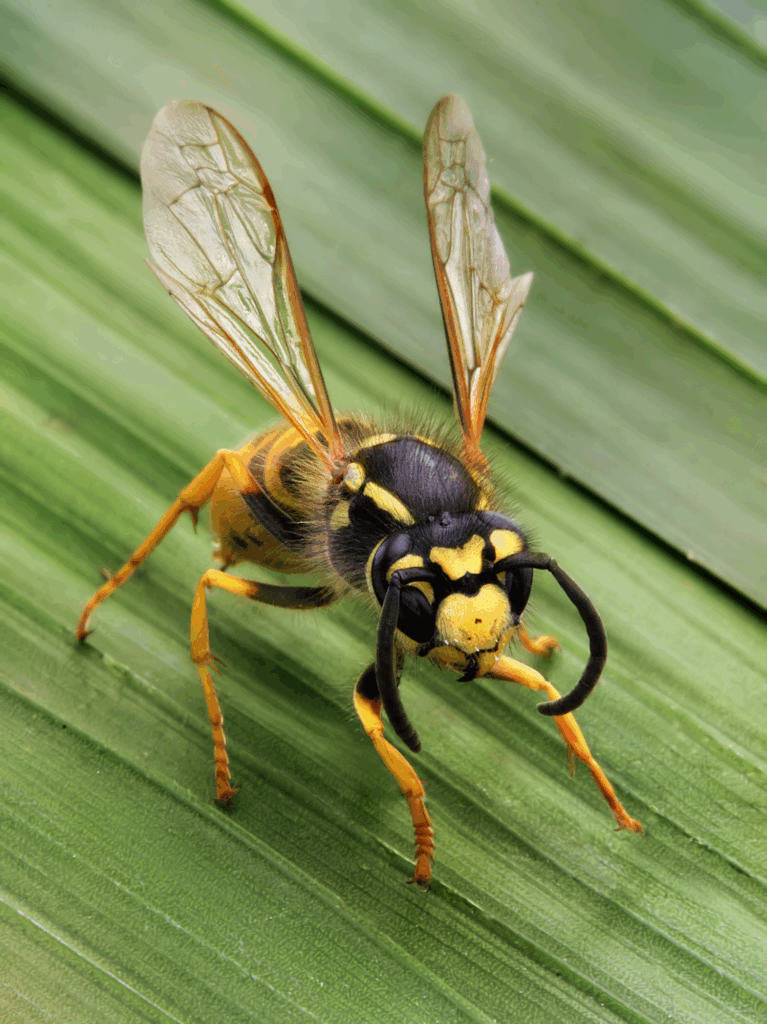
Pre-Arrival Preparation Checklist
Before guests come, check and get ready your home. This means:
- Sealing any cracks or crevices around windows, doors, and pipes
- Cleaning and decluttering all areas, like kitchens and bathrooms
- Removing standing water and reducing moisture levels
During-Stay Maintenance Practices
To keep your home pest-free while guests are there, do these things:
- Regularly inspect the property for signs of pests
- Ensure guests are aware of and comply with house rules related to food storage and waste disposal
- Keep the property clean and tidy, paying attention to areas around appliances and fixtures
Post-Departure Protocols
After guests leave, follow these steps to stop pests:
Cleaning Requirements
Clean every part of the property, including:
- Kitchens: counters, sinks, stoves, and refrigerators
- Bathrooms: sinks, toilets, showers, and bathtubs
- Bedrooms and living areas: dusting, vacuuming, and sanitizing surfaces
Inspection Points
Do a detailed check of your property, looking for:
- Signs of pest activity, such as droppings or nests
- Damage to property or furnishings
- Areas where pests may be entering or hiding
By using these bug prevention tips and staying active in pest control, you can lower the chance of pest problems in your vacation rental.
Identifying Common Vacation Home Invaders
Pests can ruin a relaxing vacation if not managed. Knowing the common pests in vacation homes is key to keeping them away.
Crawling Pests: Ants, Roaches, and Spiders
Crawling pests are not welcome in vacation homes. They can make you uncomfortable and even harm your health and property.
Signs of Infestation
Look for pests, droppings, and nests to spot infestations. Ants follow trails to food. Roaches leave feces that look like coffee grounds or black pepper. Spiders spin webs in corners and quiet spots.
Damage Prevention
Keep your vacation home clean and store food in sealed containers. Reduce moisture and check for pests often. Fix any problems right away.
Flying Nuisances: Mosquitoes, Flies, and Wasps
Flying pests can be as annoying as crawling ones. Mosquitoes like standing water, while flies are attracted to food and waste. Wasps build nests in safe spots.
Unwanted Roommates: Rodents and Wildlife
Rodents and wildlife can also invade your vacation home. They look for shelter and food. They can damage your property and be harmful to your health.
Knowing these pests and acting early can keep your vacation home pest-free. This way, you can enjoy a stress-free holiday.
Exterior Defense: Creating a Pest-Free Perimeter
Keeping your rental property’s outside clean is very important. It helps stop pests from getting in. This makes sure your guests have a great time.
Landscape Management Strategies
Good yard care is the first step against pests. Make sure your yard is clean and neat.
Vegetation Control
Keep plants away from your house. This stops pests from hiding. Cut back trees and shrubs often. Also, get rid of weeds and trash.
Water Management
It’s also key to manage water well. Make sure water drains away from your house. This stops pests from coming.
Entry Point Identification and Sealing
Find and block all entry points. Look for cracks, gaps, or holes. Use caulk or steel wool to seal them.
Outdoor Lighting Considerations
Think about your outdoor lights too. Use yellow or LED bulbs. They don’t attract bugs like regular lights do.
With these steps, you can keep pests away. This makes your vacation home a better place for your guests.
Interior Protection: Safeguarding Your Vacation Space
To make your vacation home comfy and fun, protect the inside well. A clean home helps stop pests from coming in.
Kitchen and Dining Area Strategies
Kitchens and dining areas are easy targets for pests because of food. To keep pests away, use smart food storage and clean often.
Food Storage Solutions
- Store food in sealed containers to prevent attracting pests.
- Keep countertops clean and clear of crumbs and spills.
- Regularly clean and inspect appliances, such as refrigerators and ovens.
Cleaning Protocols
- Wipe down surfaces with a gentle cleanser to remove dirt and grime.
- Sweep and mop floors regularly to prevent the buildup of debris.
- Take out the trash regularly and keep it in sealed bins.
Bedroom and Living Space Protection
Don’t forget to protect your bedroom and living areas from pests too. Look for signs of pests like droppings or gnaw marks often.
Bathroom and Plumbing Considerations
Pests can be a problem in bathrooms, mainly if there are plumbing issues. Check your bathroom for leaks or water damage often. Fix any problems quickly to stop pests.
Smart Storage Solutions to Prevent Pest Problems
To keep your vacation rental pest-free, smart storage is key. Proper storage stops pests in your second home. Good storage cuts down pest risks a lot.
Food Storage Best Practices
Storing food right keeps pests away. Here’s how:
- Store food in sealed, airtight containers.
- Keep food in pest-proof containers or zip-top bags.
- Clean up crumbs and spills right away.
Clothing and Linen Protection
Clothing and linens can draw pests if not stored right. Here’s what to do:
- Store clothing and linens in sealed containers or bags.
- Use moth repellents or natural deterrents like cedar chips.
Off-Season Storage Recommendations
For off-season storage, try these:
Climate-Controlled Options
Store items in a climate-controlled spot to stop pests.
Protective Containers
Use protective containers that are pest-proof and strong.
With these smart storage tips, you can stop pest problems in your vacation rental. This makes your guests happy and keeps you worry-free.
Natural and DIY Bug Prevention Methods
Natural and DIY bug prevention methods are good for the environment. They keep your vacation home pest-free. They also make your home healthier for your family and guests.
Essential Oil and Plant-Based Deterrents
Essential oils and plants can keep bugs away. Some oils naturally repel insects. This is a better choice than chemical repellents.
Effective Oils by Pest Type
- Lavender oil repels moths and flies.
- Peppermint oil deters ants and spiders.
- Lemongrass oil is effective against mosquitoes.
Application Methods
You can use these oils in different ways. You can put them in diffusers. Or mix them with water and spray them around. You can also apply them directly to surfaces.
Homemade Traps and Repellents
Homemade traps and repellents are fun and effective. For example, a mix of sugar and borax can catch ants.
Non-Toxic Cleaning Solutions
Using non-toxic cleaners is another good idea. Vinegar and baking soda are great for cleaning. They are safe for the environment too.
Using these natural and DIY methods can bug-proof your vacation home. This makes your home comfortable and enjoyable for your guests.
Technology and Gadgets for Modern Pest Control
Modern tech has changed pest control for vacation homes. It brings new ways to keep your place pest-free. Now, we use gadgets and systems to watch and manage pests better.
Smart Monitoring Systems
Smart systems watch your home in real time. They find pests and tell you about problems early.
App-Based Pest Management Tools
App tools make it easy to watch and control pests.
Remote Monitoring Options
let you see your home from anywhere, while
Alert Systems
tell you of pest problems.
Using these modern tools helps a lot. It makes your vacation home pest-free and fun for everyone.
Professional Pest Management for Vacation Properties
At Vinx Pest Control, we help keep vacation homes pest-free. Our team makes sure your place is safe for guests. This keeps your property in top shape.
When to Call Vinx Pest Control
It’s important to know when to call for help. Here are times when you should reach out to us:
Emergency Situations
Quick action is needed for sudden pest problems. Like when rodents or wasps show up. Our team acts fast to keep your guests happy.
Preventative Scheduling
Regular checks and treatments help avoid pests. We suggest these to keep your place pest-free all year.
Benefits of Regular Professional Inspections
Our experts find pests early, before they’re a big deal. This saves you time and money. Plus, happy guests mean more bookings.
Customized Treatment Plans for Vacation Homes
Every home is different, and so are its pest needs. We create plans just for your place.
Eco-Friendly Options
We have green pest control options. They work well and are safe for the planet.
Long-Term Protection Strategies
We offer plans to keep pests away for good. Your vacation home will stay pest-free for years.
Seasonal Bug Prevention Calendar
To keep your vacation home pest-free, follow a seasonal bug prevention calendar. Each season brings different pests. Being ready is key to a pest-free home. This way, your home stays welcoming for guests all year.
Spring Preparation Strategies
Spring is the time to get your home ready for the season. Two important steps are:
- Conducting a post-winter inspection
- Implementing early season treatments
Post-Winter Inspection
After winter, inspect your home for pests. Look for signs of rodents, ants, and other pests. They might have taken shelter in your home.
Early Season Treatments
Use preventive treatments in pest-prone areas. Seal entry points, set traps, and use natural deterrents. This helps keep pests away.
Summer Vigilance Tactics
In summer, pests are more active. Keep a close eye on your home for pests. If you see any, act fast. Good summer strategies include:
- Keeping the property clean and free of debris
- Trimming vegetation to reduce hiding spots for pests
- Using outdoor pest control measures such as citronella candles or torches
Fall and Winter Protection Measures
As winter comes, protect your home from pests. Seal gaps and cracks, remove standing water, and use door sweeps. These steps help keep pests out.
By following this seasonal bug prevention calendar, your vacation home stays pest-free. This makes your guests’ stay comfortable and enjoyable.
Special Considerations for Coastal and Lakefront Properties
Coastal and lakefront homes are close to water. This makes them more likely to get pests. They need special pest control to fight these problems.
Dealing with Water-Loving Insects
Places near water get more mosquitoes and ants. To stop these, remove standing water. Use mosquito sprays and get help from pest control pros.
Sand Flea and Mosquito Management
Sand fleas and mosquitoes can ruin fun at your home. Use mesh screens and fans outside. Spray insect repellent often.
Protecting Waterfront Structures
Waterfront buildings like docks need pest protection. Check them often for damage or pests.
Dock and Boat House Protection
Look for pest damage on docks and boat houses. Use materials that pests don’t like for fixing them.
Beach Equipment Storage
Keep beach stuff in sealed bins to avoid pests. Clean and check these items often.
Mountain and Woodland Retreat Protection
Mountain and woodland retreats face special pest control issues. They are close to nature, with forests, wildlife, and different heights. This attracts many pests.
Forest Pest Challenges
Forests around these retreats have pests like ticks and wood-boring insects.
Ticks and Disease Vectors
Ticks can spread diseases like Lyme disease. This is a danger to visitors and owners.
Wood-Boring Insects
Wood-boring insects can harm wooden parts. This weakens the property’s structure.
Wildlife Deterrent Strategies
To keep these places safe, we need to stop wildlife. This means keeping trash secure and removing food.
Elevation-Specific Considerations
Elevation affects pests. Some pests do better at higher or lower places. Knowing this helps control pests in mountains.
By tackling these issues and using the right strategies, we can keep our mountain and woodland retreats safe. We can keep them free from pests.
Rental Property Owner Responsibilities and Best Practices
Rental property owners must make sure guests are comfortable and pest-free. They need to talk to guests about pest prevention. They also have to include pest control in rental agreements and handle guest feedback well.
Communication with Guests About Pest Prevention
Talking to guests about pests is very important. A welcome packet with pest prevention tips and emergency contacts is a good idea.
Welcome Packet Information
The welcome packet should tell guests about the property. It should also explain how to spot common pests and what to do if they see one.
Emergency Contact Procedures
Guests need to know who to call if they see a pest. This way, they can get help fast.
Building Pest Control into Rental Agreements
Adding pest control clauses to rental agreements is smart. It makes sure everyone knows their part in keeping the place pest-free.
Managing Guest Expectations and Feedback
It’s important to manage what guests expect. This includes fixing pest problems quickly and teaching guests how to prevent pests.
Handling Pest-Related Complaints
Fixing pest problems fast is key to happy guests.
Preventative Education
Teaching guests how to prevent pests can really help. It makes it less likely for pests to show up.
Conclusion: Ensuring a Pest-Free Vacation Experience
We can make sure our vacation homes are pest-free by following some tips. A good plan for pest control is key. It keeps our places safe and fun for guests.
We’ve talked about many ways to keep pests away. This includes getting ready before guests arrive and cleaning up after they leave. We also learned about keeping the outside and inside safe from bugs. By doing these things, we can make our homes welcoming for everyone.
As owners of vacation homes, we must keep our places pest-free. Being careful and ready helps us relax and enjoy our time. Let’s use these tips to make sure our guests have a great time without bugs.
FAQ
Q: What are the most common pests found in vacation homes?
A: Vacation homes often have ants, cockroaches, and rodents. Bed bugs, mosquitoes, flies, and wasps are also common. These pests can damage your home and hurt your reputation.
Q: How can I prevent pests from entering my vacation home?
A: To keep pests out, seal all entry points and keep your home clean. Use pest-repellent plants and check your home often. This helps find and fix any entry points.
Q: What are some effective bug prevention strategies for vacation home owners?
A: Good bug prevention includes checklists before guests arrive and cleaning during their stay. Use natural methods like essential oils and plants. Also, choose non-toxic cleaners.
Q: How can I protect my vacation home from pests during the off-season?
A: Keep food and trash sealed and entry points closed during off-season. Use diatomaceous earth or cedar chips to repel pests. Regular checks can spot problems early.
Q: What are some smart storage solutions to prevent pest problems?
A: Store food in sealed containers and clothes in airtight bags. Use pest-repellent materials for storage. Keep items off the floor and away from walls to avoid pests.
Q: When should I call a professional pest control service?
A: Call a pro like Vinx Pest Control if you see pest signs. Regular checks can catch problems before they get bad.
Q: How can I communicate with my guests about pest prevention?
A: Share pest prevention tips in your rental agreement. Guide guests on reporting pest sightings. Tell them about the steps you take to keep pests away.
Q: What are some regional pest considerations across the US?
A: Pests vary by region and climate. Coastal areas face water-loving insects, while mountains deal with forest pests. Know your local pests to prevent them.
Q: How can I manage guest expectations and feedback regarding pest control?
A: Answer pest complaints quickly and fix the issue. Use feedback to improve and prevent future problems. This shows you care about your guests’ comfort.
Q: What are some seasonal bug prevention strategies?
A: For spring, clean up debris and seal entry points. In summer, eliminate standing water and use citronella candles. In fall and winter, seal entry points and use pest-repellent landscaping.




